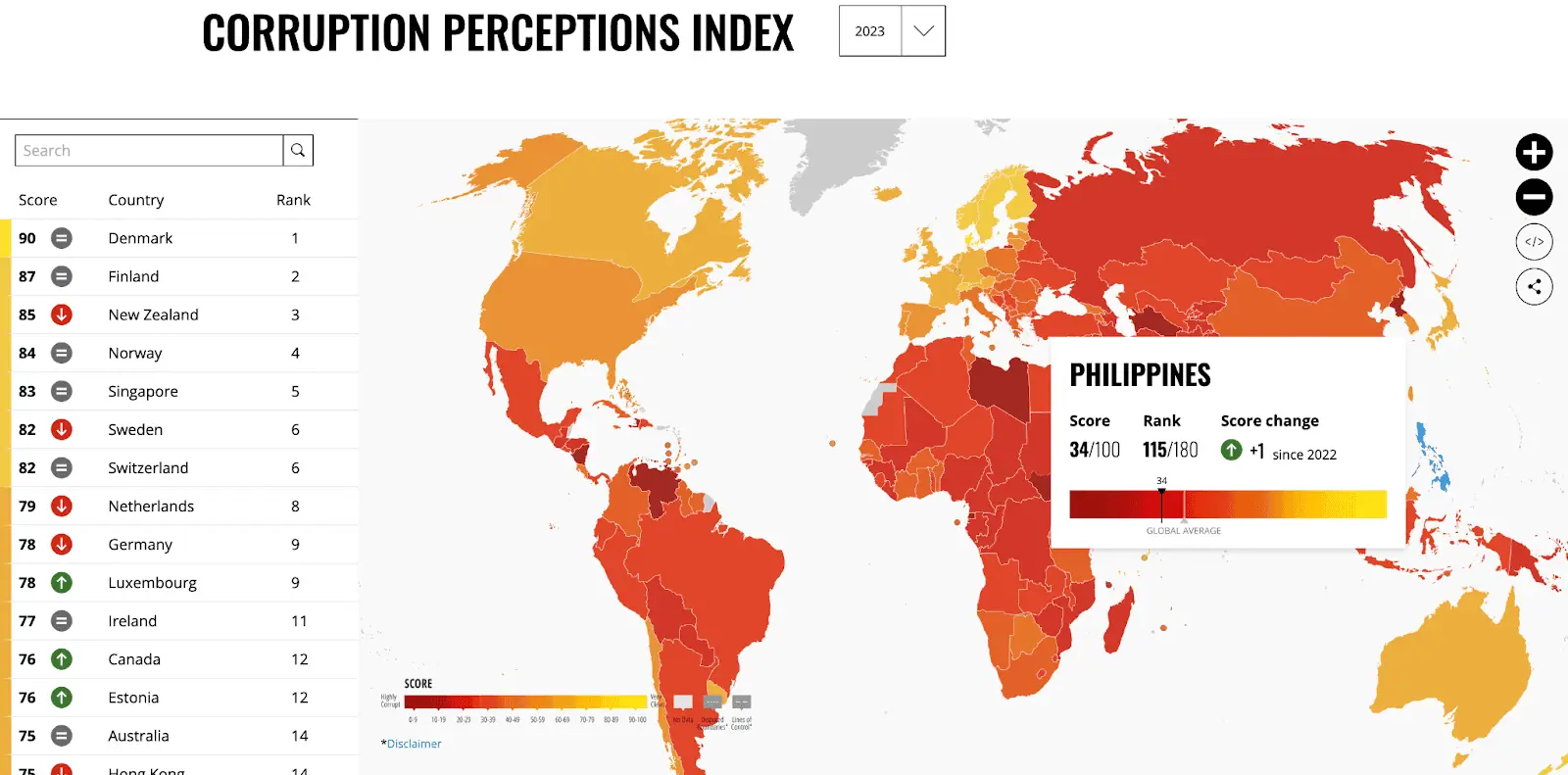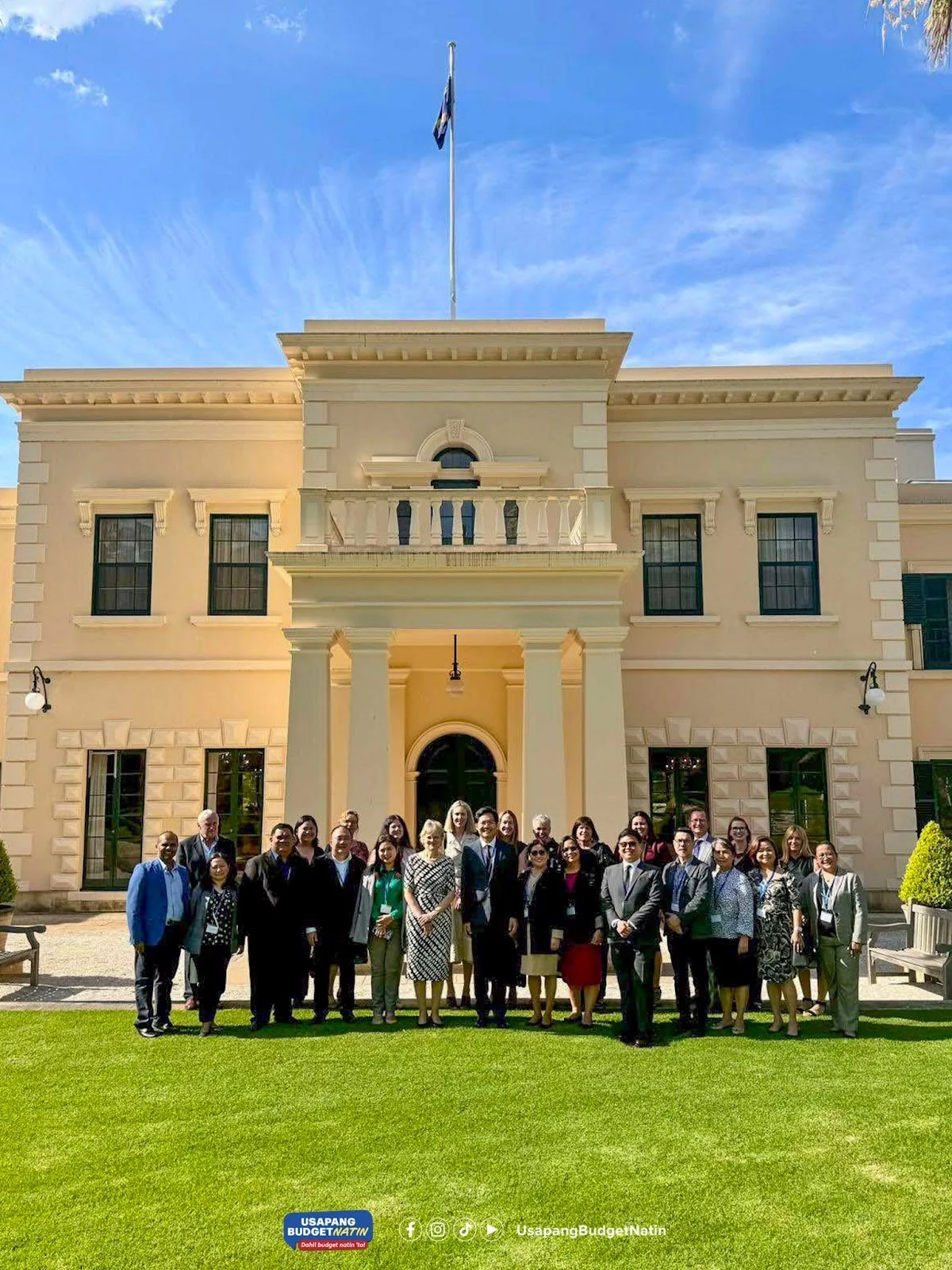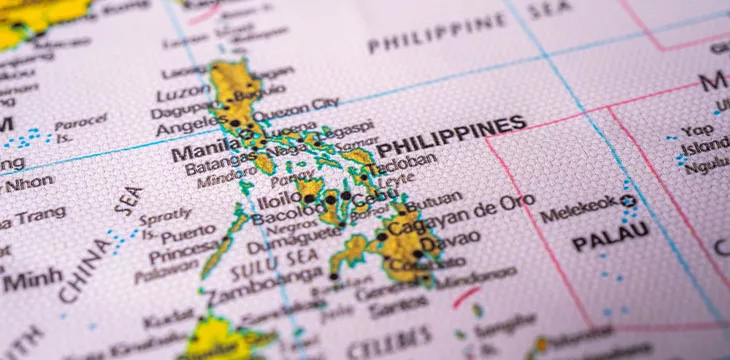|
Getting your Trinity Audio player ready...
|
The Philippines attributed the country’s improved ranking in the 2023 Corruption Perception Index (CPI) of the Berlin-based organization Transparency International to the government’s efforts to implement President Ferdinand “Bongbong” Marcos Jr.’s digital transformation mandate.
“The Government takes note of the slight improvement of the Philippines’ standing in the Corruption Perception Index,” Philippines’ Executive Secretary Lucas Bersamin said in a statement.
“We consider this result as both a challenge to do better and a reason for hope that the country is headed in the right direction.”
The country’s executive secretary further said the government is undertaking initiative reforms, including digitalizing government transactions to fight corrupt practices.
“In line with the President’s clarion call for the entire Government “to show in deeds, not in words, that it is deserving of the people’s trust,” earnest efforts are already being undertaken to implement the digital transformation mandate of the Administration in order to streamline institutional processes and curtail opportunities for graft and corruption,” he said.
Bersamin also urged Filipinos to be optimistic, assuring the government will not fail or falter in its steadfast commitment to effectively provide efficient and transparent public service.
Philippines’ Corruption Perception Index ranking eases

In the latest Corruption Perception Index (CPI), the Philippines improved significantly but “remains on the lower end of the spectrum” among Asia-Pacific countries.
The Philippines scored 34 out of 100 in the 2023 CPI, up from 33 in the 2022 report. The country’s score, however, is still below the global average of 43. The country ranked 115th out of the 180 countries and territories on the list, up from 116th.
Transparency International scored countries based on perceived levels of public sector corruption, with 0 being “highly corrupt” and 100 being “very clean.” The organization said each country’s score is a combination of at least three data sources drawn from 13 different corruption surveys and assessments and are collected by various reputable institutions, including the World Bank and the World Economic Forum (WEF).
In the 2023 CPI, Denmark topped the list with a score of 90, followed by Finland, New Zealand, Norway, Singapore, Sweden, Switzerland, Netherlands, Germany and Luxembourg. Meanwhile, Somalia, which obtained a score of 11, is at the bottom of the list.
Digitalization: A top priority of the Marcos administration
During his first State of the Nation Address (SONA) in 2022, President Marcos Jr. made digitalization one of the top priorities of his administration. He also reiterated this during his second SONA in 2023.
Marcos said “Filipinnovation” and digitalization are at the heart of the Philippines’ economic development. He added that digitalization helps in frontline services and back-end functions, as well as supports the government in data-driven and science-based planning and decision-making.
“Digitalization is the call of today, not of the future—but of the present. It is here. It is needed, and it is needed today,” Marcos said. “All our digitalization efforts will be linked to our payment systems, whose digital transformation has been accelerating at a remarkable rate.”
This call from the country’s top leader has since attracted firms such as blockchain R&D firm nChain to expand its operations in the Philippines. The firm has established a presence in the country and is working hard to ensure that industry groups and government officials understand the technology’s advantages.
Earlier, nChain representatives met personally with Marcos, and the company has partnered with the Provincial Government of Bataan to develop blockchain talent.
Budget for Philippines’ digitalization up almost 61% this year
In a press release published in 2023, Philippines Budget Secretary Amenah Pangandaman highlighted the need to embrace digitalization as the allocation of P38.75 billion in the proposed 2024 budget for said initiative marks a 60.6% increase from its P24.93 billion funding in 2023, aiming to boost public service.
Pangandaman said that keeping updated on technology and maximizing its uses align with the Marcos administration’s whole-of-government approach to digitally connect the entire bureaucracy, not only to cut red tape but also to generate employment in the expanding digital economy.
Much of the ICT and Digitalization budget will be divided among ten government agencies, namely the Department of Education (DepEd), the Department of Justice (DOJ), the Department of Information and Communications Technology (DICT), the Department of Finance, the Department of Interior and Local Government (DILG), National Economic and Development Authority (NEDA), the Judiciary (Supreme Court, Presidential Electoral Tribunal, Sandiganbayan, Court of Appeals, Court of Tax Appeals), Department of National Defense (DND), Department of Environment and Natural Resources (DENR), and other Executive offices.
“Technological advancement has given rise to a growing digital economy which continues to create new forms of work, transforming the employment landscape. Hence, investing in the digitalization of the bureaucracy is crucial not only in enhancing its efficiency but also in generating quality jobs for Filipinos,” Pangandaman added.
Government officials participate in Digital Transformation Benchmarking Study

In January, several senior government officials from five agencies attended a training course run by the University of Adelaide to assist the Philippine government in developing and implementing digital transformation strategies.
The Philippine delegation was led by Civil Service Commission (CSC) Chairperson Karlo Alexei Nograles.
The training course included engagement with Australian government agencies at the state and federal levels, responsible for leading the digital transformation of government services and the development of a workforce skilled in digital and data capabilities.
Watch: The Philippines is prime for investments—here’s why

 07-08-2025
07-08-2025 





